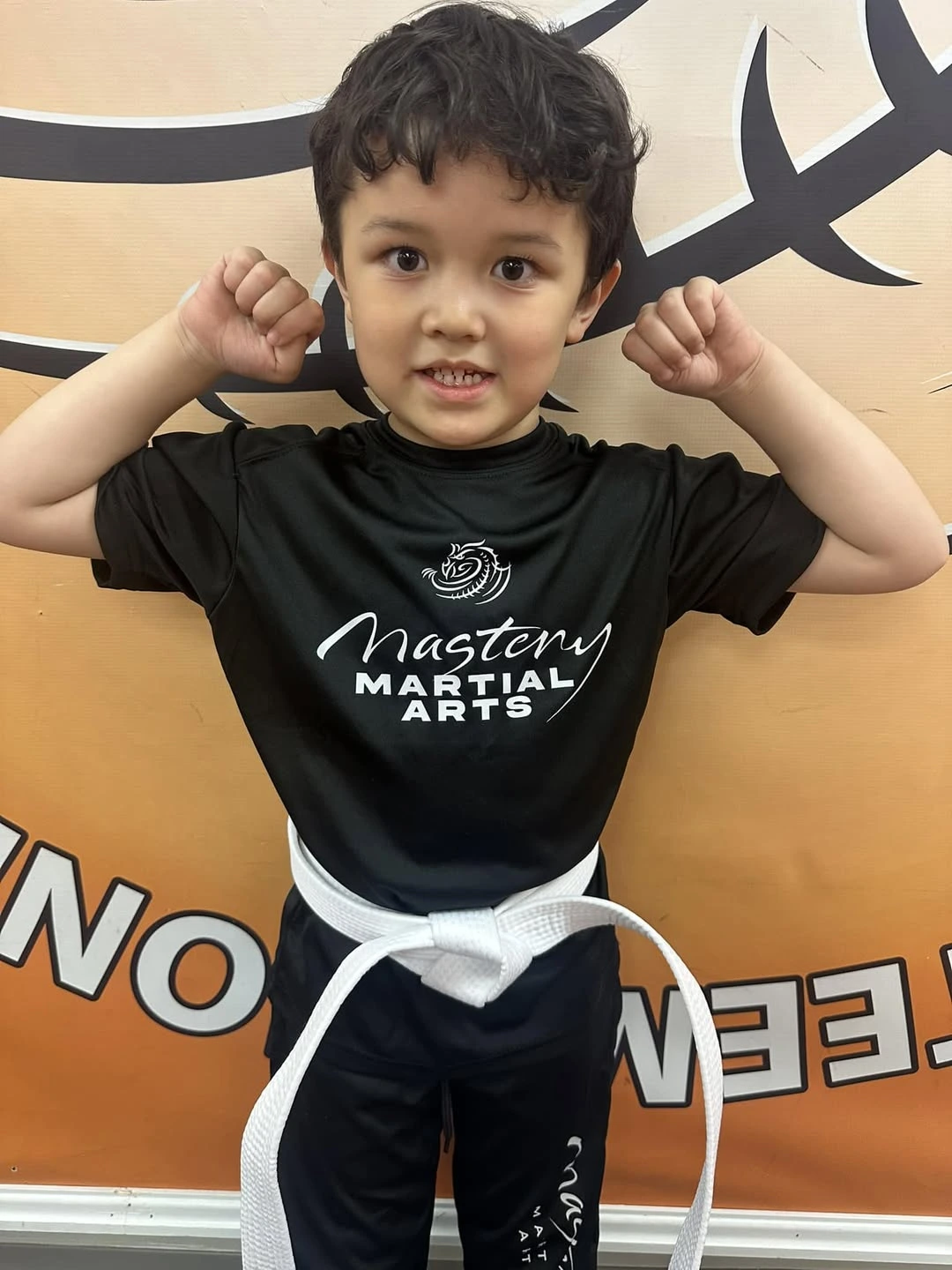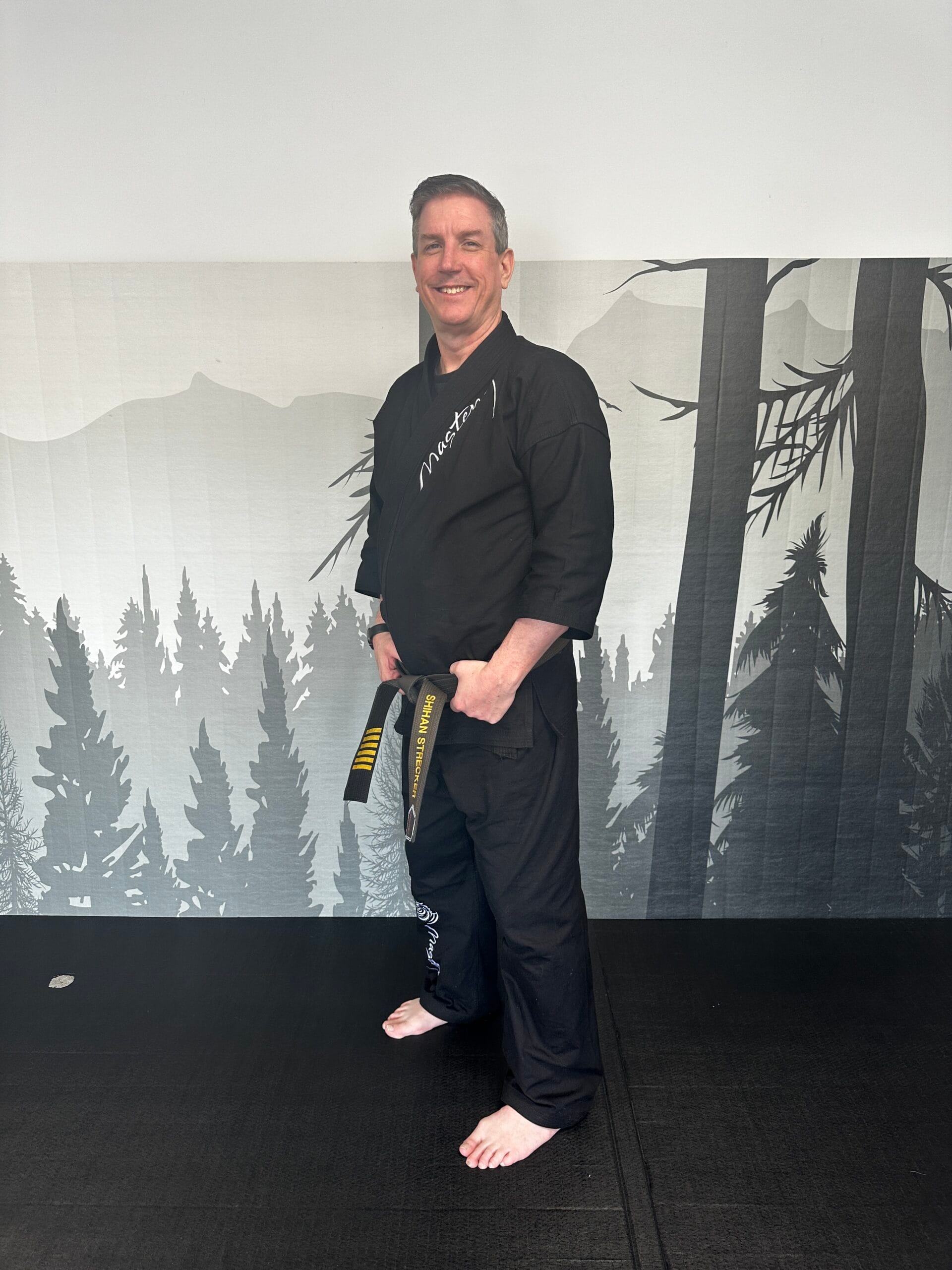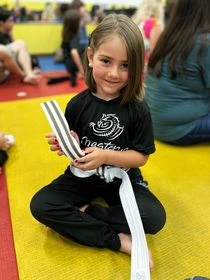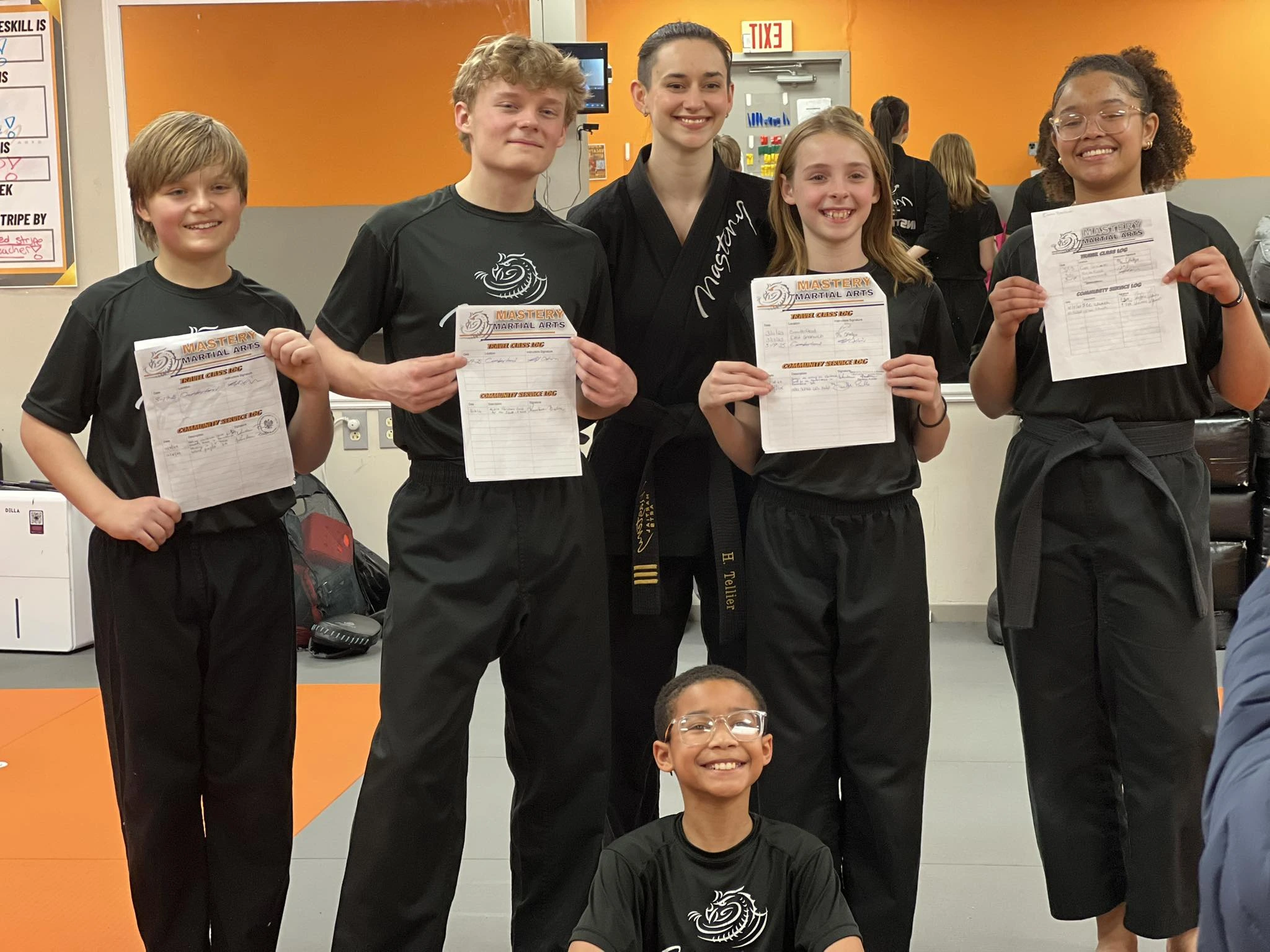Introduction to the Emotional Benefits of Martial Arts for Kids
Did you know that martial arts is not just about kicking and punching? There are a lot of emotional benefits of martial arts for kids. Many children today feel stress, frustration, or low self-confidence. Some have trouble managing their emotions or working with others.
Martial arts offers various unique benefits that cater to both physical and mental well-being. It helps kids stay calm, believe in themselves, and never give up. It also promotes emotional regulation, stress relief, and personal development. Additionally, martial arts helps children make friends and learn respect. Let’s dive into the emotional benefits of martial arts and why it’s such a great activity for children.
Martial arts classes provide a structured environment where children can develop self-discipline and learn to focus. This discipline extends beyond the dojo, helping kids set boundaries and manage their time effectively in their daily life. The practice of martial arts also encourages children to face unique challenges, building resilience and teaching them to overcome obstacles with determination.
Moreover, martial arts training is an excellent way to enhance a child's self-esteem. As they progress through different skill levels and earn new belts, children feel a sense of achievement and pride. This boost in self-confidence often translates into other areas of their life, such as academics and social interactions.
Another significant aspect of martial arts is its ability to foster healthy relationships and social skills. In martial arts studios, children learn the importance of teamwork and leadership, as they often practice with partners or in groups. This social interaction helps them develop empathy, respect, and kindness towards others.
Furthermore, practicing martial arts can have a positive impact on a child's mental health. The physical exercise involved in martial arts releases endorphins, the body's natural mood enhancers, which can help reduce stress and anxiety. The focus and mindfulness taught in martial arts also contribute to improved mental health, providing children with tools to stay calm and centered in various situations.
What Are Emotions and Why Do They Matter?
Emotions reflect how we feel inside. Sometimes kids feel happy and excited, but other times they feel sad, angry, or nervous. That’s normal!
However, some kids struggle to control their emotions. They may get frustrated easily or feel scared to try new things.
Physical activity, like martial arts, helps kids manage their emotions. It provides them a way to release stress, feel proud of their achievements, and learn to stay calm. Engaging in physical activity releases endorphins, the body's natural mood enhancers, which help manage emotions and improve overall mental health.
Understanding emotions is crucial for children's development as it affects how they interact with the world around them. Emotions can influence a child's behavior, decision-making, and relationships with peers and adults. Through martial arts, children are taught to recognize and express their feelings in a constructive manner, fostering emotional intelligence. This is vital as it enables them to navigate social interactions more effectively, build healthy relationships, and develop empathy towards others.
Furthermore, martial arts provides a safe and supportive environment where children can explore and understand their emotions without judgment. The structured nature of martial arts classes encourages children to practice self-discipline and self-control, which are essential skills for emotional regulation. As children progress in their martial arts training, they learn to channel their emotions positively, whether it's using their energy in physical movements or practicing mindfulness to stay focused in the present moment.
Moreover, the sense of accomplishment achieved through mastering specific techniques and earning new belts boosts a child's self-esteem and self-confidence. This newfound confidence empowers them to face challenges head-on and reduces the fear of failure. As a result, children become more resilient, better equipped to handle setbacks, and more willing to take on new challenges in their daily life.
Martial arts is a powerful tool for emotional development in children. It not only provides physical benefits but also addresses the emotional and social aspects of a child's well-being. By teaching children how to manage their emotions, martial arts helps them grow into well-rounded individuals capable of handling life's unique challenges with grace and confidence.
How Martial Arts Helps Kids Emotionally
Building Self-Confidence
Confidence means believing in yourself. When kids start martial arts training, they might feel nervous. But as they learn new moves, break boards, or earn belts, they feel proud. This teaches them that they CAN do hard things. Over time, their confidence grows—not just in martial arts, but in school and life too!
Learning Self-Control and Discipline
Discipline means doing what is right, even when it’s hard. In a martial arts class, kids have to follow rules, listen to their instructor, and practice patience. They learn that they can’t just act on every emotion. Instead, they practice self-control, which helps them in school and at home.
Reducing Stress and Anxiety
Kids today feel a lot of stress—homework, school, and even social media can be overwhelming. Martial arts, as a form of physical exercise, is a great way to release stress. Kicking and punching pads in a controlled way helps kids let out frustration in a safe space. Plus, martial arts teaches breathing techniques and mindfulness to help kids stay calm and focused.
Developing Resilience and Grit
Resilience means bouncing back after a tough time. In martial arts, kids fail a lot. Maybe they can’t do a certain kick, or they don’t pass a belt test the first time. But instead of giving up, they learn to keep trying. Practicing martial arts teaches them that failure isn’t bad—it’s just a step toward success.
Social and Emotional Benefits of Martial Arts
Learning Respect and Kindness
Teaching children respect is one of the biggest lessons in martial arts. Kids learn to bow to their instructor, listen carefully, and treat their classmates with kindness. These lessons help them build better friendships and relationships with family members.
Improving Teamwork and Leadership Skills
Even though martial arts is an individual sport, kids still practice with others in martial arts classes. They help each other, encourage their classmates, and sometimes even teach younger students. This helps them learn teamwork and leadership skills that will help them in school and beyond.
Emotional Safety in Martial Arts
A good martial arts school, especially martial arts studios, is a safe place for kids to express their emotions. The instructors help children build confidence, stay positive, and handle their emotions in a healthy way. This makes martial arts a great choice for kids who struggle with self-esteem, social skills, or emotional regulation.
Martial Arts and Mental Health
Martial arts can help kids with mental health issues like ADHD, anxiety, or anger. The structured classes help kids focus, while the physical activity helps them release stress. Kids also learn self-control, which can help them handle frustration better.
Many parents see big improvements in their children’s mood, focus, and happiness after starting martial arts.
The Role of Parents in Emotional Growth
Parents play a huge role in helping kids grow emotionally through martial arts. Encouraging kids to practice, celebrating their achievements, and reminding them to use what they learn in daily life all make a difference. Parents can also encourage their children to practice the self defense skills learned in martial arts, which not only helps in potentially dangerous situations but also boosts their confidence and situational awareness.
For example, if a child learns patience in martial arts, parents can remind them to use patience at school or home. This helps kids connect their training to real-life situations.
Conclusion
Martial arts is more than just exercise—it’s a way for kids to grow emotionally. When children practice martial arts, they build confidence, manage their emotions, and learn essential life skills like respect and resilience. Whether your child is shy, anxious, or simply needs a boost in self-esteem, martial arts can be an incredible journey.
Moreover, martial arts classes offer a structured environment where children can thrive. By engaging in martial arts training, kids are introduced to a supportive community that encourages personal growth and self-improvement. The discipline required in martial arts helps children develop mental toughness and teaches them to stay focused and calm in challenging situations.
Practicing martial arts also provides children with the opportunity to learn basic self-defense skills, which not only enhances their physical health but also boosts their self-confidence and sense of security. As children progress through different skill levels, they experience the transformative power of martial arts, gaining a sense of achievement with each new belt earned.
In addition, martial arts studios create a space where kids can reduce stress and improve their mental health by channeling their energy into physical activities. The combination of physical exercise and mental focus acts as a powerful tool for emotional regulation, helping children navigate the ups and downs of daily life with greater ease.
Ultimately, martial arts offers a holistic approach to child development, addressing not only physical skills but also the emotional and social benefits that contribute to a child's overall well being. By fostering healthy relationships, teaching children how to face challenges, and instilling core values of respect and discipline, martial arts can have a positive impact on a child's life, making it a valuable activity for any young individual.
FAQs
1. Can martial arts help my shy child?
Yes! Martial art helps kids feel more confident and comfortable around others. Over time, shy kids often become more outgoing.
2. How does martial arts help with stress?
Martial arts teaches breathing techniques and focus exercises that help kids stay calm under pressure. The physical activity also releases stress and boosts mood.
3. What if my child struggles with focus?
Martial arts is great for focus! Kids learn to pay attention to details, follow instructions, and practice mindfulness.
4. What’s the best age to start martial arts?
Kids as young as 4 can start martial arts, but it’s never too late to begin! Every child learns at their own pace.
5. How does martial arts compare to other sports for emotional growth?
Martial arts focuses more on personal growth, discipline, and self-control, while team sports emphasize cooperation. Both are great, but martial arts is especially good for emotional development.




0 Comments